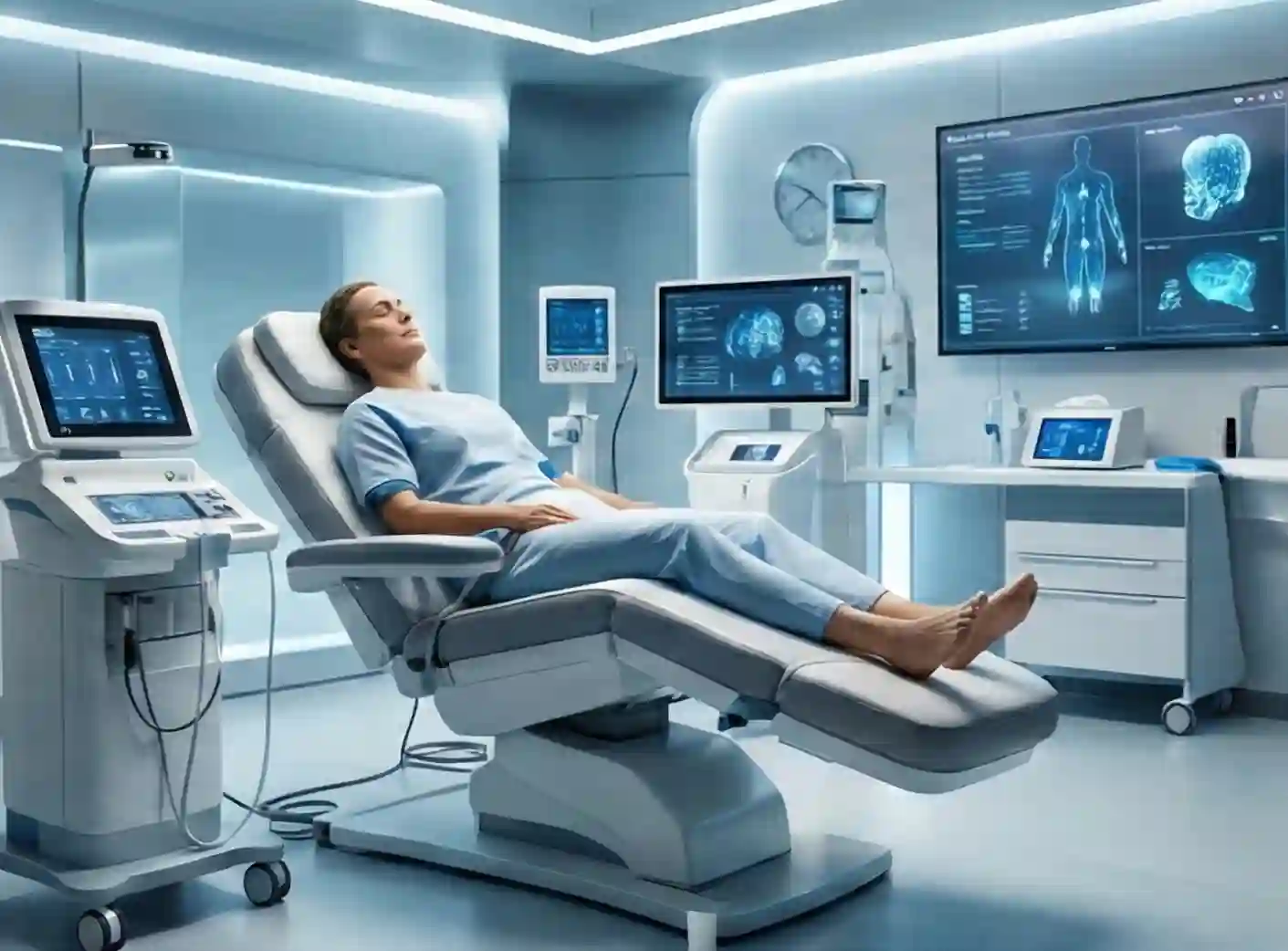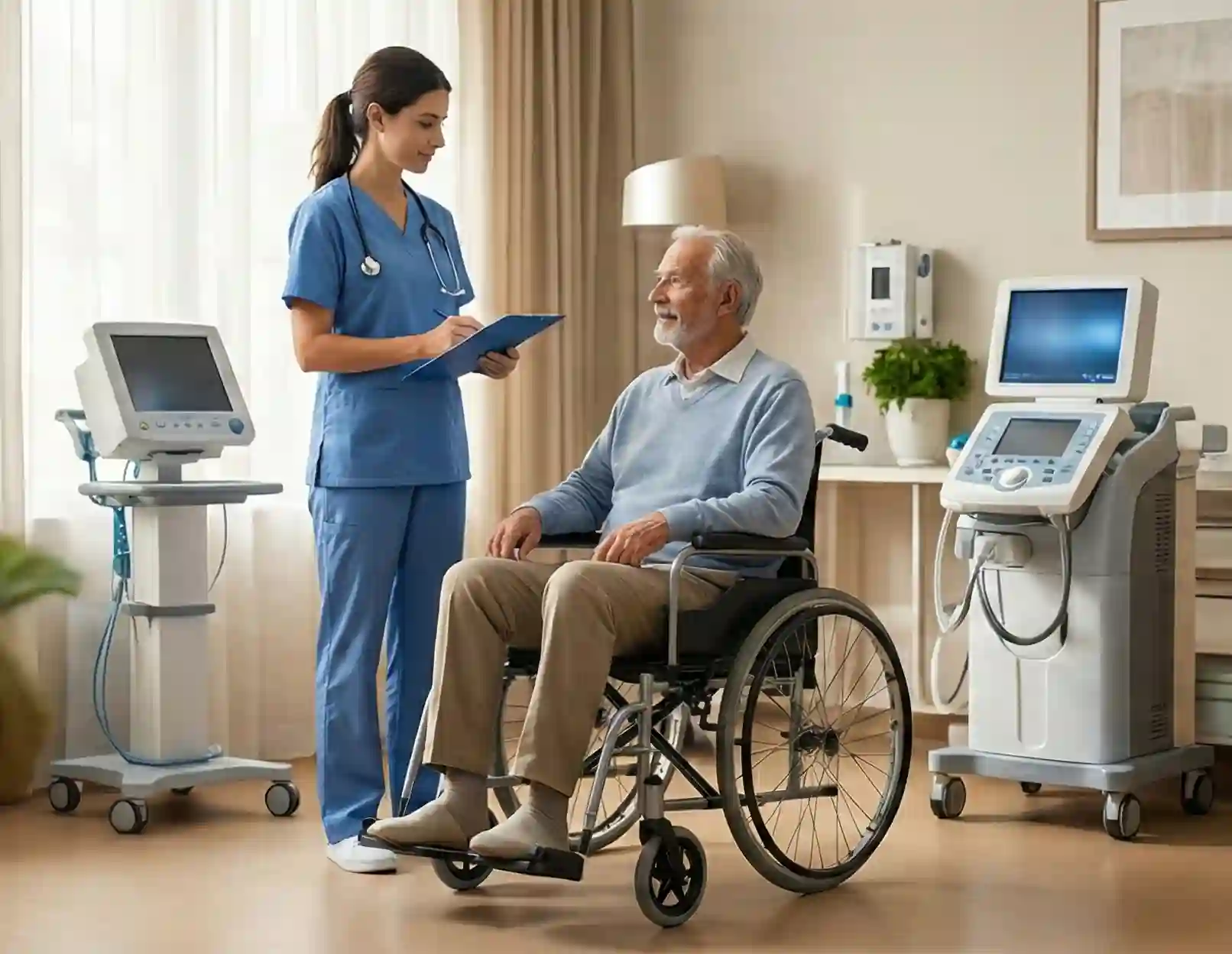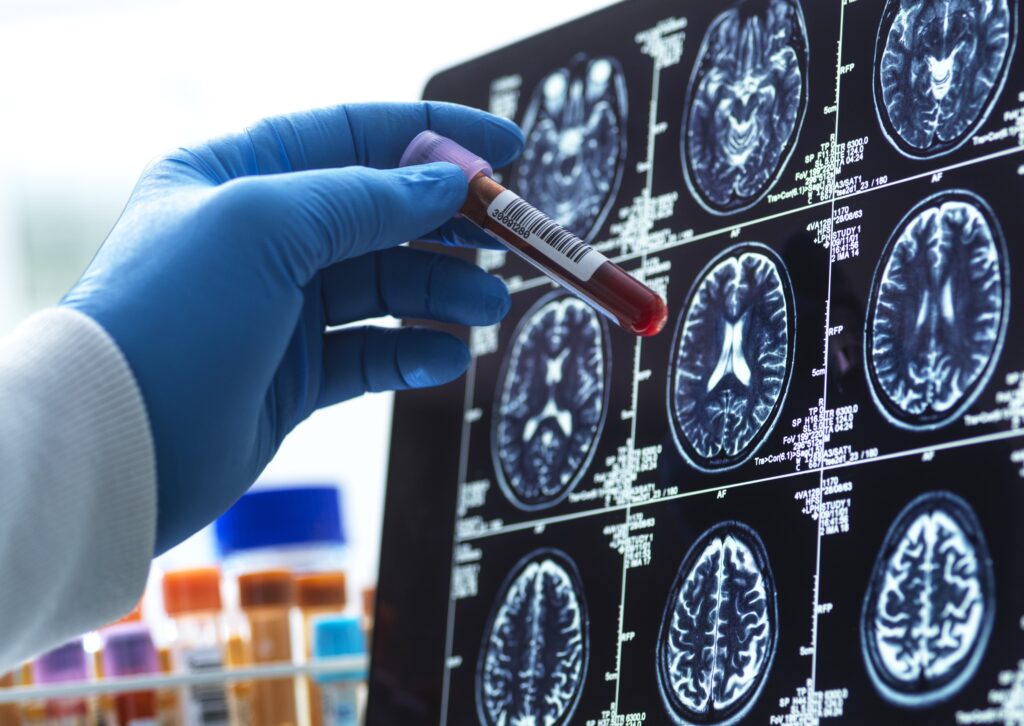Transverse myelitis (TM) is an inflammatory neurological condition which affects both sides of a particular section of the spinal cord. The inflammation caused by TM damages the myelin sheath, a sleeve of tissue that protects and insulates the nerve cell fibers within the spinal cord. As a result, this damage leads to decreased electrical conductivity in the central nervous system, which interrupts communication between the nerves in the spinal column and the rest of the body. While lesions within the spine that spread progressively can lead to TM, the condition may also be caused by infections, immune system disorders, and other myelin disorders, including multiple sclerosis (MS).
The areas of the body which experience symptoms correspond directly with the level of the spinal cord affected by TM. In the cervical region of the spine, for example, nerves generally regulate signals to the neck, diaphragm muscles, and movement throughout the upper extremities. Nerves in the thoracic region help control signals in some parts of the arms and the torso. The lumbar nerves relay signals from the hips down to the legs and the sacral nerves regulate signals to some parts of the leg, including the toes and groin area. Thus, symptoms of TM can vary from one person to the next and may include headaches, muscle aches, prickling of the legs, stiff neck, spasticity, disrupted motor skills, back pain, and paralysis.










